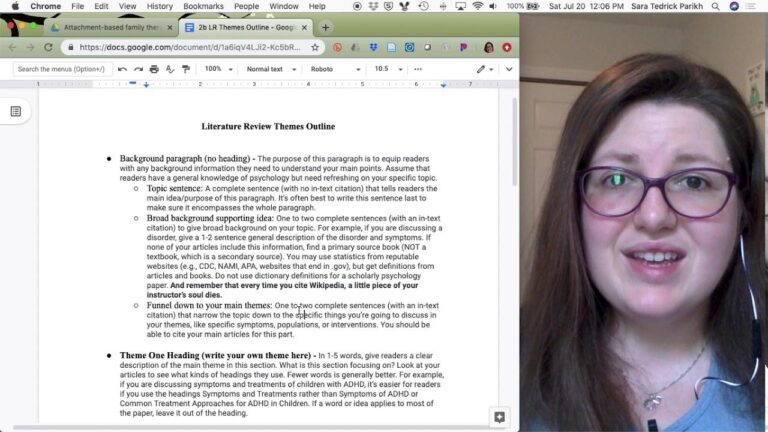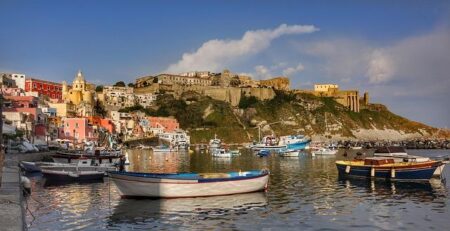Burkina Faso’s Armed Forces Draw on Revolutionary Legacy to Strengthen National Unity and Resilience
Facing mounting security challenges and deepening socio-economic difficulties, Burkina Faso’s military leadership is increasingly invoking the enduring legacies of revolutionary icons such as Ernesto “Che” Guevara and Thomas Sankara. This strategic embrace of anti-colonial resistance and social justice principles aims to galvanize national solidarity and uplift public morale amid escalating jihadist violence and political instability. By aligning themselves with historic liberation movements, the interim government seeks to legitimize its authority while fostering a collective identity rooted in resilience—a trend mirrored across several West African nations grappling with similar crises.
Rekindling Collective Spirit Through Revolutionary Principles
In an attempt to mend societal fractures, Burkina Faso’s military rulers are channeling the philosophies of renowned revolutionaries who advocated for self-governance, equality, and defiance against oppression. Their goal is to inspire unified action among diverse ethnic groups confronting shared threats. Central themes emphasized include:
- Unity: Encouraging cooperation across ethnic, cultural, and social boundaries.
- Cultural Identity: Celebrating Burkinabé heritage as a cornerstone for national pride.
- Resilience: Promoting steadfastness in the face of persistent violence and economic hardship.
This narrative not only aims to boost morale within military ranks but also seeks civilian engagement by drawing parallels between past struggles for independence and current efforts toward stability. Such symbolism serves both as motivation for collective perseverance and justification for the military’s prominent role during this period of upheaval.
Concrete Measures Toward Inclusive Cohesion Amid Turmoil
The multifaceted challenges confronting Burkina Faso require more than symbolic rhetoric; they demand practical initiatives that foster genuine inclusion across all sectors of society. Inspired by revolutionary ideals, authorities have launched several programs designed to bridge divides while addressing urgent needs:
- Civic Engagement Platforms: Establishing community forums where citizens can directly communicate grievances and suggestions with leadership.
- Cultural Heritage Revitalization: Organizing festivals, media campaigns, and educational projects that honor national heroes beyond partisan lines.
- Nongovernmental Partnerships: Collaborating with NGOs focused on peacebuilding efforts, youth empowerment programs, and grassroots development initiatives.
| Initiative | Objective |
|---|---|
| Diverse Ethnic Dialogue Workshops | Create mutual understanding among historically conflicted ethnic communities through facilitated conversations. |
| Youth Skills Development Programs | Provide vocational training combined with civic education aimed at reducing extremist recruitment rates among young people. |
| Sustainable Local Economic Projects | Energize regional markets via microfinance opportunities ensuring equitable resource distribution. Explore related economic strategies here. |
The effectiveness of these endeavors depends heavily on transparent communication channels between military officials and civilians alongside sustained backing from international partners committed to West African stability—a region that has experienced over three dozen coups since independence according to recent ACLED (Armed Conflict Location & Event Data Project) reports.
The Influence of Charismatic Leadership: Potential Benefits & Pitfalls Ahead
The rise of charismatic leaders reminiscent of “Africa’s Che Guevara” presents both opportunities for unity as well as risks concerning governance in Burkina Faso. Such figures often rally fragmented populations by embodying ideals like liberation struggle, patriotism rooted in social equity, along with visionary reforms inspired by historical personalities such as Thomas Sankara—whose progressive policies continue influencing political discourse decades later.
This leadership model can act as a powerful unifying force capable of restoring public confidence amid chaos; however,sustainability issues emerge when power becomes overly concentrated around one individual or faction without strong institutional oversight . Across Africa’s post-independence history‚Äîfrom Ghana under Kwame Nkrumah to Zimbabwe under Robert Mugabe‚Äîcharismatic rule has sometimes led toward authoritarianism rather than democratic consolidation.[1]
A balanced governance approach emphasizing inclusive institutions—with accountability mechanisms involving civil society—is crucial if Burkina Faso aims not only for immediate stability but also enduring peace.
Key components include:
- A transparent decision-making framework;
- An empowered parliament;
- An independent judiciary;
- A free press promoting open dialogue;
- Sustained adherence to international human rights norms.
Navigating Progress: Merging Historical Reverence With Practical Governance
Tapping into revolutionary legacies offers potent symbolism capable of uniting Burkinabé citizens during adversity—but it cannot replace effective policy execution or inclusive political processes essential for sustainable advancement. As jihadist attacks have surged nearly 40% year-over-year according recent ACLED data reports, regional collaboration on counterterrorism , poverty reduction strategies, infrastructure investments targeting marginalized areas frequently exploited by insurgents , must accompany inspirational messaging if meaningful progress is desired.
The ultimate outcome will hinge upon how adeptly current leaders balance honoring revered historical figures’ values while pragmatically adapting them within today’s complex socio-political environment—ensuring neither nostalgia nor idealism overshadows necessary reforms required for lasting peace in Burkina Faso’s fragile context.







